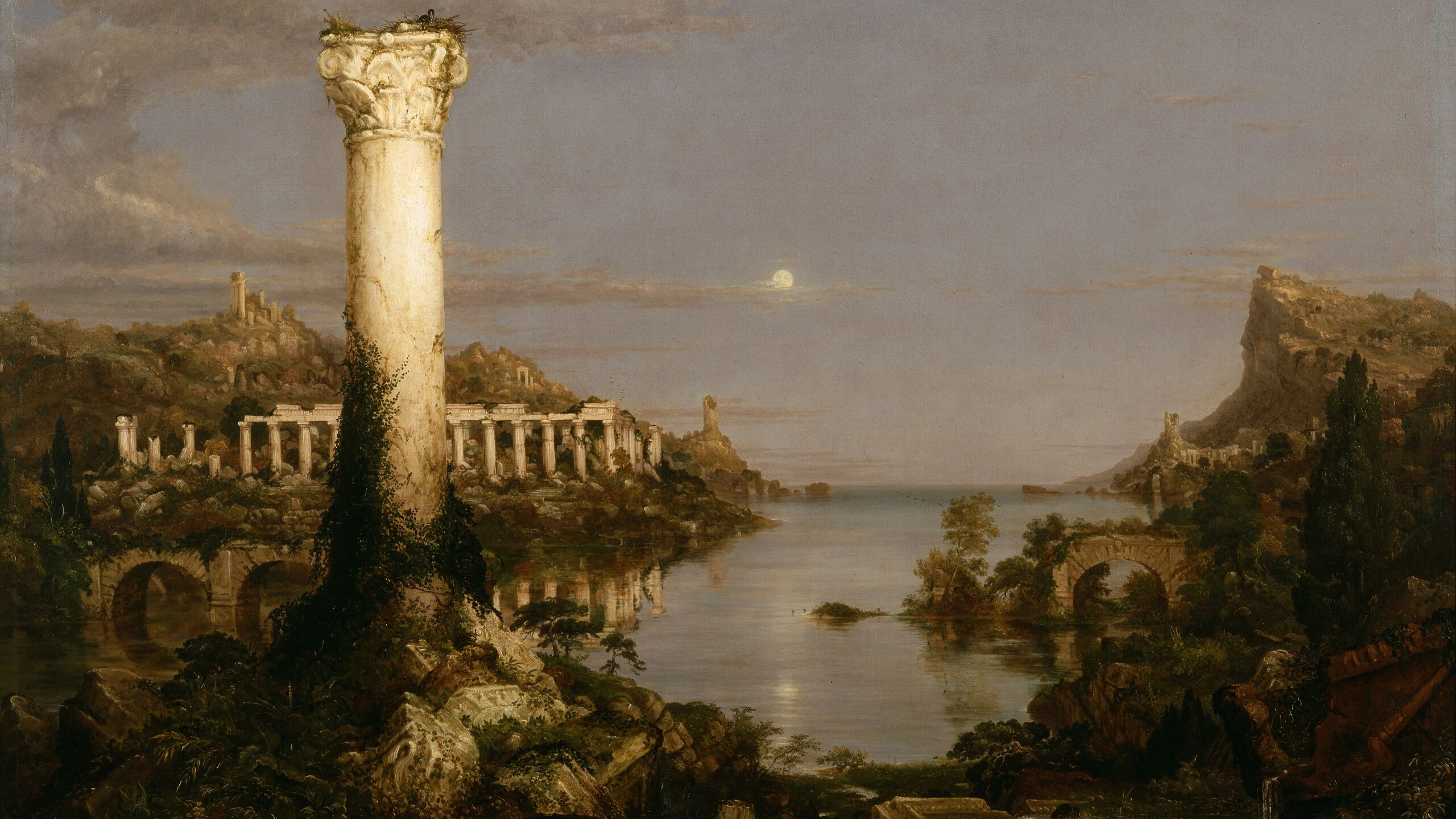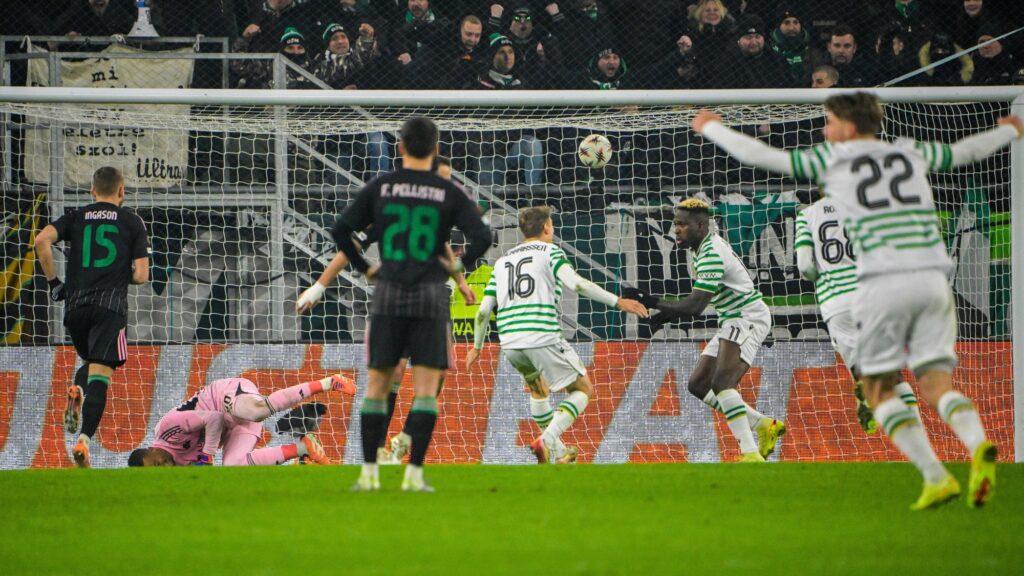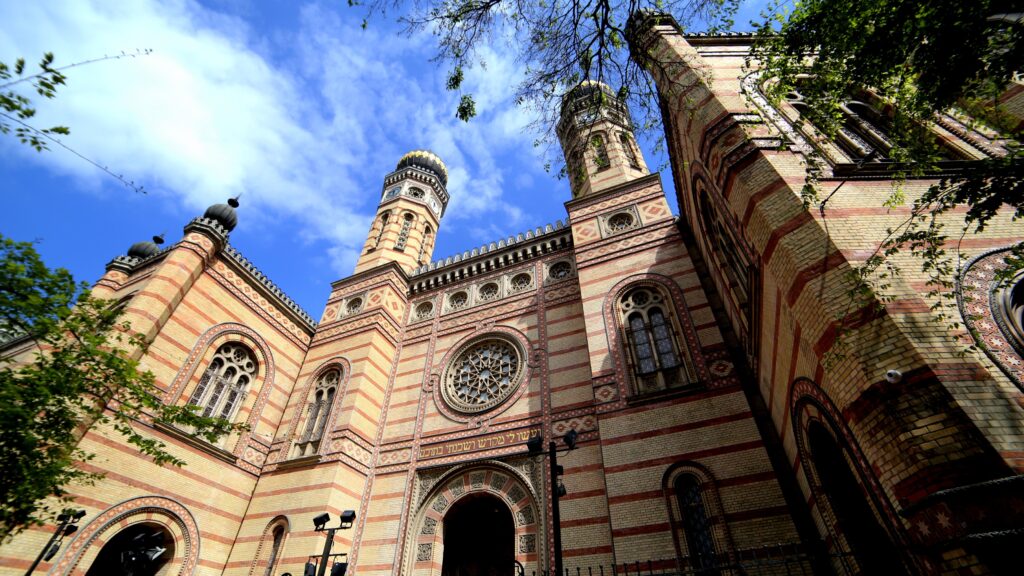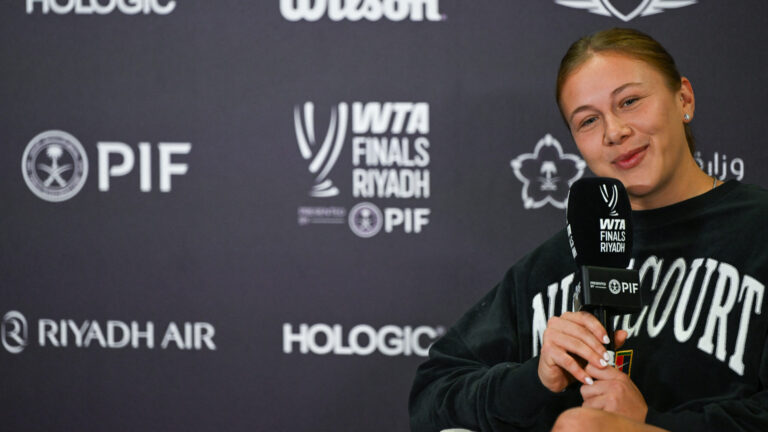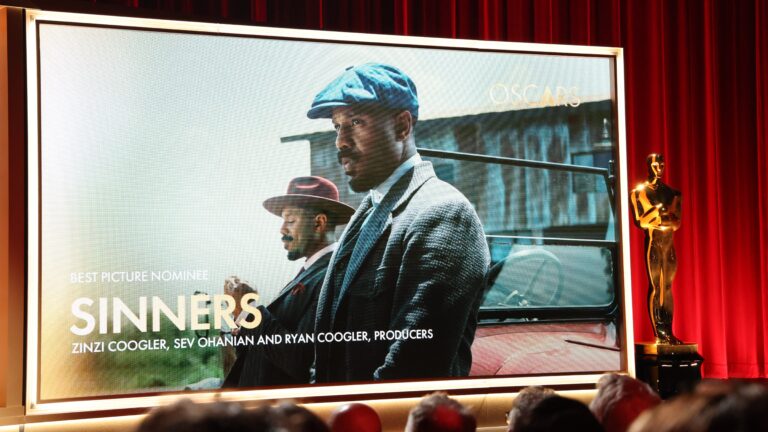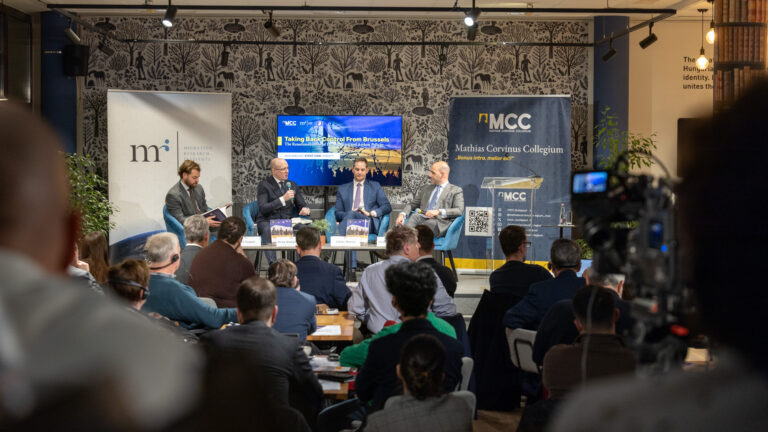When Richard Dawkins (patron saint of New Atheism) says ‘we need Christianity’, we should pay attention.
In a recent interview, Dawkins admitted that secular liberalism, left to itself, cannot provide the moral and cultural foundations for a flourishing society. When Western Culture’s traditional Christian scaffolding collapses, something will replace it. In Western Europe, that ‘something’ is increasingly radical Islam or nihilistic consumerism. Both of these offer, alongside misogyny and misanthropy, a positive set of values which milquetoast secularism lacks.
Preferring a loosely Christian society to these theocratic or technocratic extremes, Dawkins concedes that ‘we need Christianity’ as a cultural inheritance that sustains meaning.
What Dawkins is groping towards is what I call Christendom Light. This is not sacerdotal Christianity rooted in sacramental theology and liturgical rigour, nor is it the privatized pietism of emotive (and emotional) evangelicalism. It is a moral framework that encapsulates and disseminates the West’s understanding of human dignity, moral order, and interpersonal trust. If the ties that bind Western liberalism fray, then liberalism itself will unravel.
What Is Christendom Light?
Christendom Light is a shared cultural grammar shaped by centuries of Christian thought but not dependent on personal piety or clerical authority. It affirms the essential goods of liberalism (rule of law, individual rights, and freedom of conscience) by anchoring them in a shared moral vision independent of doctrinal commitments. Under the aegis of Christendom Light, the butcher, the baker, and the candlestick maker can conduct their business with trust, treating one another as ends (rather than means), and sleep peacefully knowing that a (mostly) just and impartial state will defend them in the event of threats to their life, liberty, or property.
Radical Islam and woke secularism now trade turns, swinging their authoritarian sledge hammers to break the chain that keeps Western liberalism bound to its anchor: Christendom Light. Woke secularism sees only a chain, and chains are always instruments of oppression to the woke secularists. Radical Islam sees only an anchor other than itself, and Islamists cannot abide non-Islamist anchors.
If these twin adversaries of Christendom Light have their way, then western culture will float listlessly in an ocean of desires, subject to the whims of majoritarian sentiment (exactly as Alexis de Tocqueville feared).
If the West is suffering a civilizational amnesia, the remedy cannot be found in technocratic policy tweaks or shallow populist slogans. What we need is precisely what some little-known organizations have been advocating for for decades. I have been involved in the workings of one such organization: the Center for European Renewal, which advocates a rediscovery of the intellectual and moral foundations of a civilized, humane, and free society.
‘True freedom is not mere license; it is sustained by the cultivation of virtue’
The Center’s mission rests on a simple but profound conviction: liberty without responsibility degenerates into chaos, while order without liberty collapses into tyranny. True freedom is not mere license; it is sustained by the cultivation of virtue: prudence, justice, fortitude, temperance, faith, hope, and charity.
These are not museum pieces. They are the habits that make Western liberty possible. When they vanish, the market becomes mercenary, politics becomes power without principle, and culture becomes a hollow marketplace of appetites.
Equally, the Center insists that the family is the foundation of society. Every civilizational renaissance in Europe, from the Carolingian revival to the post-war Christian democratic movement, has understood this truth. No social engineering or bureaucratic welfare scheme can replace the union of man and woman committed to raising the next generation.
When the family crumbles, so does the civic order.
The Center also articulates a vision of free markets anchored in civil society. Markets liberate human creativity and productivity, but they cannot bear the weight of ultimate meaning. A society that treats people as mere producers and consumers is doomed to cultural exhaustion. That is why healthy markets depend on strong mediating institutions—churches, schools, voluntary associations—that humanize economic life.
Finally, the Center reminds us that limited government and liberal education are the twin guardians of Western civilization. Limited government prevents the state from devouring every sphere of life, while liberal education lifts the human spirit above mere utility, orienting it toward the good, the true, and the beautiful. In a Europe increasingly defined by algorithmic distraction and bureaucratic control, these principles are not nostalgic: they are revolutionary.
This is what Christendom Light must look like in practice: not a clerical state, but a civilizational project rooted in responsibility, stewardship, and the Western tradition of ordered liberty. If Europe forgets this, it will not remain Europe for long.
Read more from the same author

